#Airbags
NHTSA: Don't Bedazzle Your Steering Wheel
It turns out that bejeweling your car's interior isn’t just in bad taste – it can hurt you in a crash. The National Highway Traffic Safety Administration recently released a consumer alert, warning people about “aftermarket steering wheel decals that could potentially cause significant injury or death.”
Another Massive Airbag Recall Peers Over the Horizon
Just when it looked like the Takata airbag inflator recall was finally wrapping up, U.S. safety regulators have indicated that 52 million inflators made by ARC have likewise been placed under consideration for recall. The circumstances are unpleasantly familiar. Like the Takata units that ran the risk of spraying cabin occupants with deadly shrapnel during a crash, the ARC inflators may also pose a serious risk to those they’re supposed to save.
Honda is STILL Recalling Takata Airbags, NHTSA Issues Stop Drive Notice
The Takata airbag fiasco appears to be a never-ending struggle with Honda recently having to issue a stop-drive notice on roughly 8,200 automobiles manufactured about 20 years ago. Due to the massive scale of the Takata airbag recalls, there are still more than a few units out there that have yet to be replaced. Though it seems like those in possession of these dangerous inflators had to have been living under a rock to have missed any mention of what turned out to be the largest recall campaign in automotive history.
Video of the Week: Subwoofer Triggers Airbag
Today's video of the week, presented for your afternoon amusement, shows two young men enjoying the sound of a subwoofer. Too bad that they don't know that the vibrations will set off the vehicle's airbag.
Report: Traffic Death in Florida Could Be Related to Takata Airbags
The Takata airbag story just won't die.
It's been almost 10 years since the National Highway Traffic Safety Administration started one of the largest recalls in automotive history. That recall centered on airbag supplier Takata.
Ford Bagged Again by NHTSA
GM Recalling Nearly 6 Million Vehicles Over Eternal Takata Scandal
As sure as the sun rises in the morning, we can always count on the Takata airbag recall adding new vehicles to its ranks. General Motors is poised to add another 5.9 million vehicles to the list after the National Highway Traffic Safety Administration issued an announcement on Monday.
Regulators stated that the automaker will be obligated to recall SUVs and pickup trucks (GMT900 vehicles) manufactured between 2007 and 2014 because the installed airbag inflators suffer from the classic Takata trait of being extremely dangerous. While the defect itself is relatively rare, the number of vehicles involved is staggering. Around 100 million inflators have been recalled by 19 major automakers around the world, and the resulting failure is often devastating. Units, especially those exposed to high levels of heat and humidity, can rupture ― causing an explosion that sprays metal fragments all over the cabin. There have been 18 known fatalities relating to the issue in the United States alone.
Airbag, Seatbelt Fears Lead to 3.4-million-vehicle Toyota Recall
A ghost in the machine that could render passive safety systems like airbags and seatbelt pretensioners useless has infected a range of Toyota models, sparking a global recall of roughly 3.4 million vehicles — some 2,891,976 of those in the United States.
While the suspected fault only rears its head in certain types of crashes, owners would probably prefer their airbags deploy in all major impacts.
Honda's Got a Brand New (Air)bag
Late last week Honda announced its new airbag. Designed to reduce the potential for injuries, especially those encountered in frontal collisions that aren’t perfectly head on, the system is designed to keep vulnerable, human noggins from rolling off and impacting something firm. It’s like a sandwich of safety — where your head is the meat.
Shown to journalists at Honda R&D Americas complex last week, the bags will begin seeing active duty in new models sometime next year. Developed in conjunction with Autoliv, not Takata, the auto manufacturer claims it’s the next level automotive safety.
The Airbag You Don't Want? IIHS Cuts a Popular Safety Device Off at the Knees
It’s likely your average new car buyer can’t come close to guessing the number of airbags poised to deploy in their new ride. Gone are the days when Lee Iacocca would hit the airwaves, bragging about his company’s standard driver’s side airbags. New vehicles are festooned with then.
However, one particular airbag could be doing more harm than good, according to a study by the Insurance Institute for Highway Safety.
Audi Recalls 144,000 Vehicles Due to Faulty Airbag Sensors
The National Highway Traffic Safety Administration has reported that Volkswagen Group of America is issuing a recall on 144,092 Audi vehicles in the United States so their passenger-side airbag sensors can be fixed. Oxidation on the connecting cable of the system is causing software failures, leading to an inability to detect occupants and disabling the airbag from functioning.
Issued on July 24th, the recall covers Audi S5 and A5 vehicles along with some A4s — all manufactured between 2016 and 2018. Automotive News reported there would be an additional 26,040 vehicles recalled in Canada after speaking with an Audi representative.
Inside Out: ZF Tests External Side Airbag System
There was a time when the only thing cushioning your head from a direct impact with the steering wheel in the event of a crash was the skin it was wrapped in. Since then, airbags have proliferated, breeding inside millions of cars to a point where they now explode down from the headliner.
Considering automotive safety pretty much only moves in one direction, this was bound to happen. There may come a day when airbags are no longer limited to the interior of cars.
ZF Group, best known for its transmissions, is currently testing a “pre-crash external side airbag system” that it considers to be the world’s first. Having debuted a prototype in 2016, ZF is now conducting live demonstrations where an inflatable barrier bursts forth from the rocker panel to provide additional cushioning for side impacts.
Federal Probe Covers 12.3 Million Vehicles; Airbags May Not Deploy in a Crash
The National Highway Traffic Safety Administration has launched an investigation into a slew of late-model vehicles equipped with airbags that may not protect occupants in the event of a crash. The vehicles, built by American, Japanese, and Korean automakers, were all manufactured between 2010 and 2019.
According to the NHTSA, the faulty airbags may be responsible for eight deaths.
GM's Side Airbags Are Still Crashing the Party
In a perfect world, a vehicle’s airbags would only deploy in circumstances where the driver, in hindsight, applauds the life-saving buffer’s invention. Not included in that list of circumstances is a spinout, far removed from hard obstacles or other vehicles.
One Chevrolet Camaro ZL1 driver isn’t applauding General Motors after his car’s side curtain airbags made their presence known at 19 mph, free of any impacting object or rollover.
Honda Airbags Are Reportedly Huge on the Black Market
Airbag crime is on the rise around the country, according to the National Insurance Crime Bureau (NICB) and a recent report from USA Today. However, the latter of the two sources claims the issue is exponentially worse for Honda owners and nobody has any idea why.
“There’s no way for us to really know because owners don’t report to us when parts have been stolen,” Honda spokesman Chris Martin told the news outlet. “But we are certainly not unaware of the fact that Hondas have been a target of parts theft for many years simply based on the popularity of models in this market.”




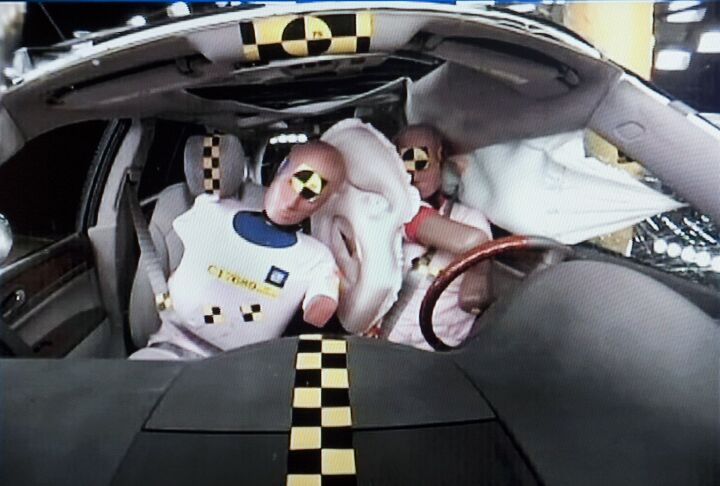


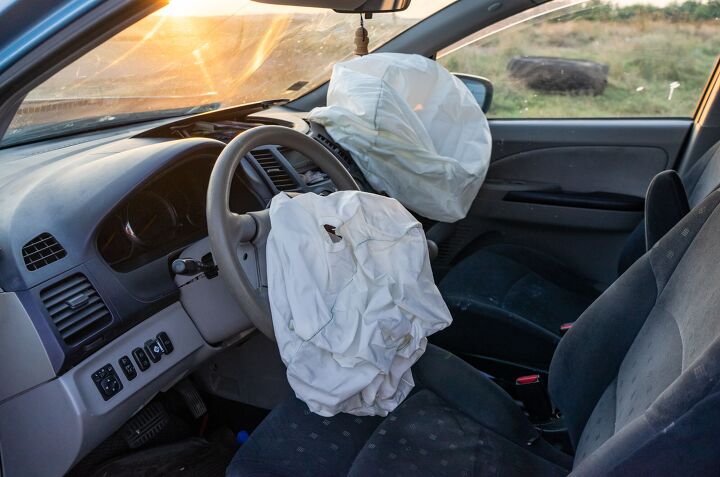
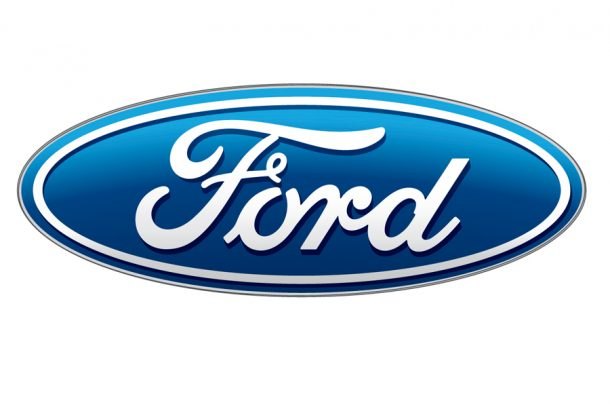

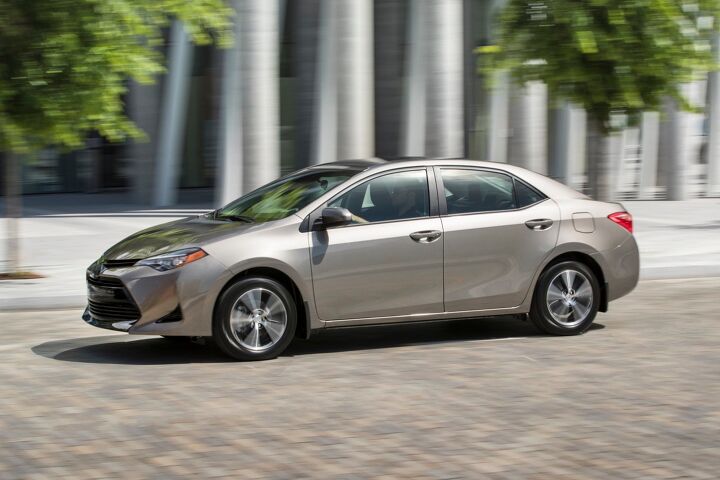
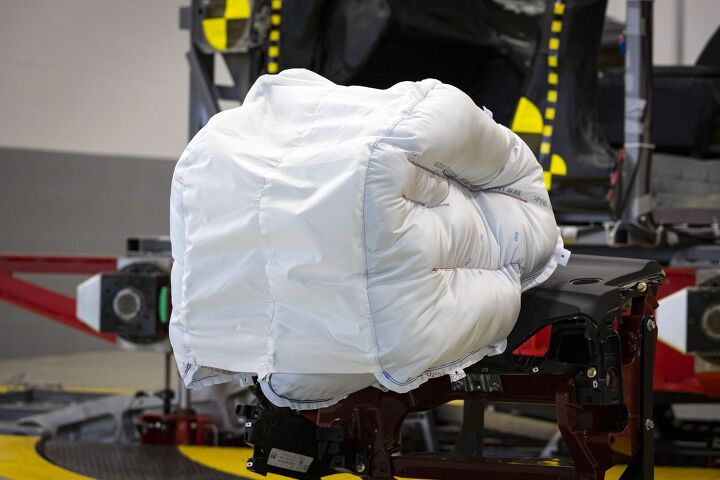
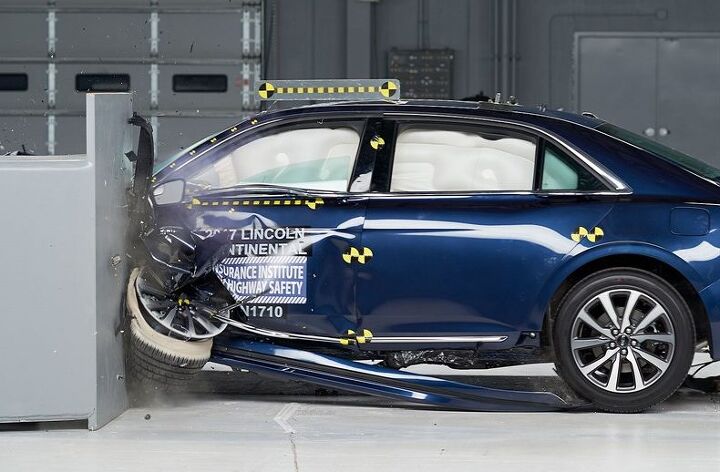

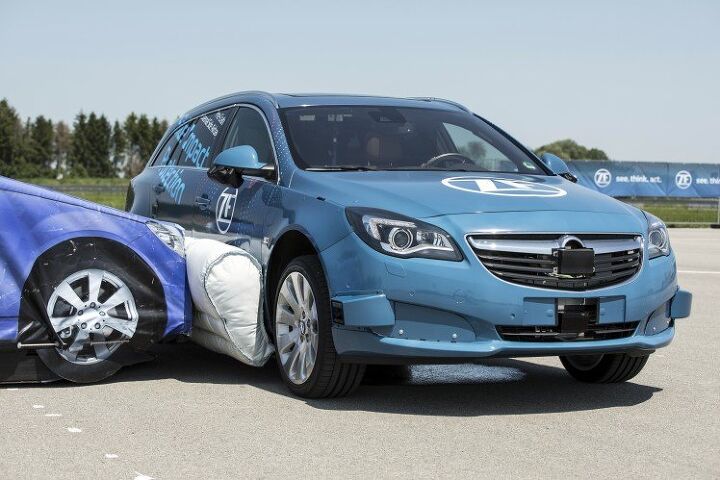


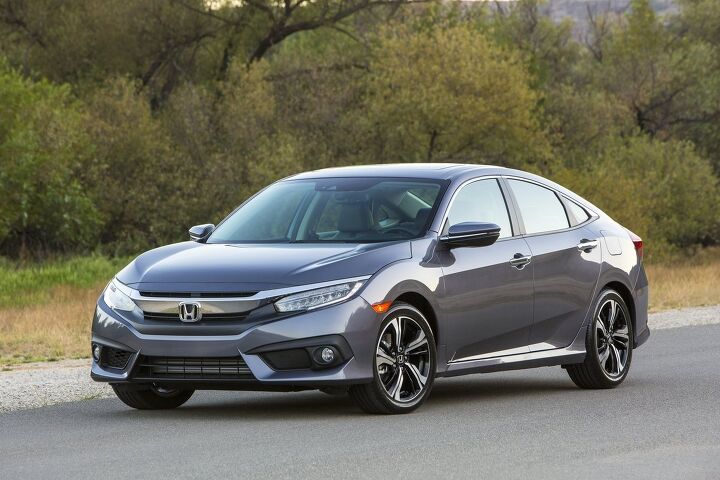











Recent Comments